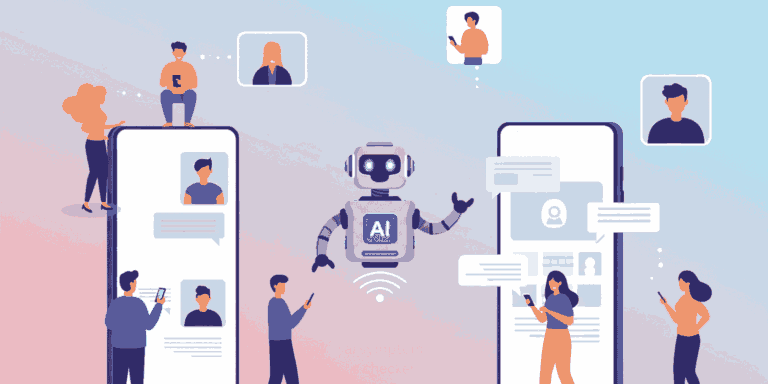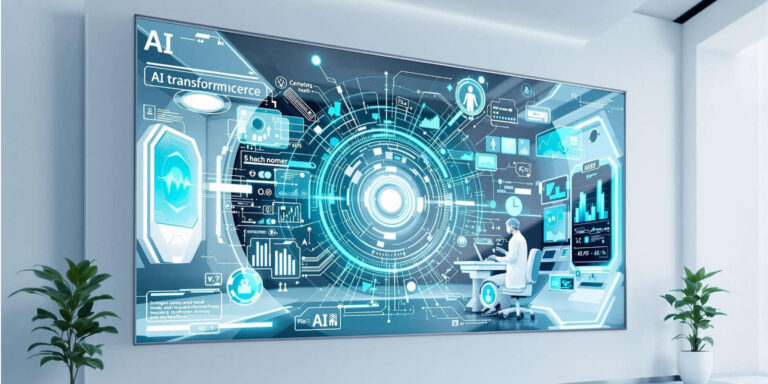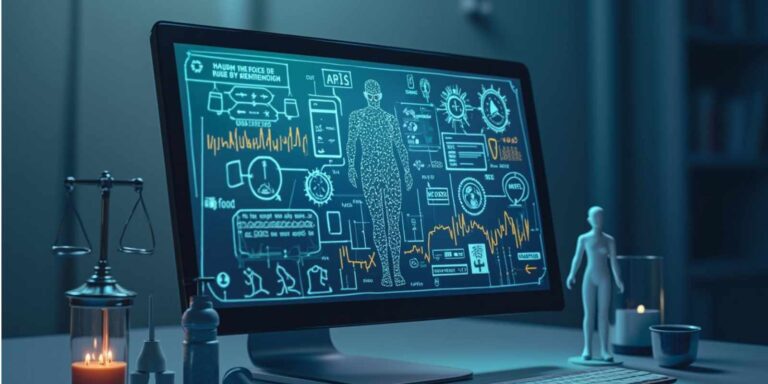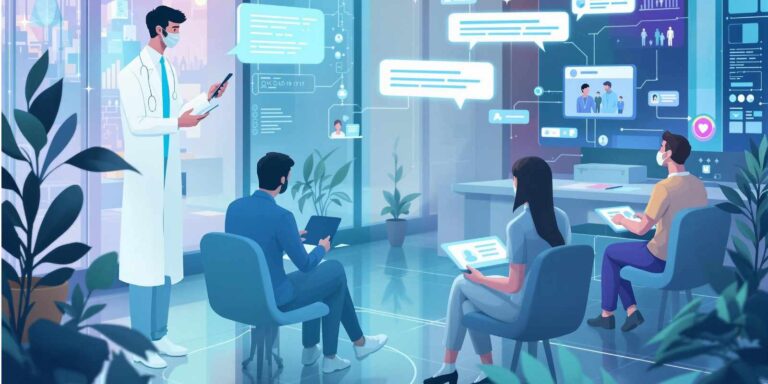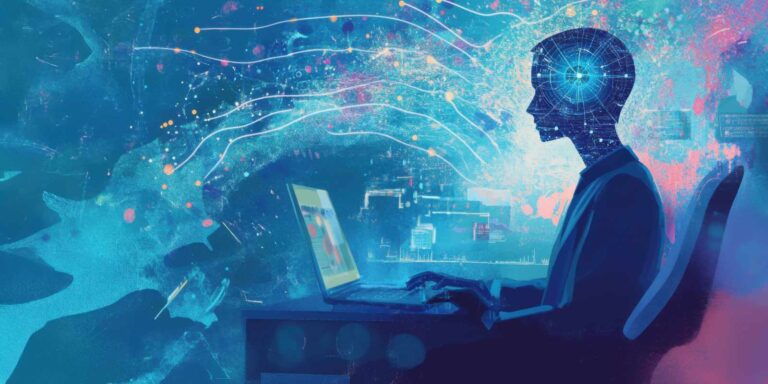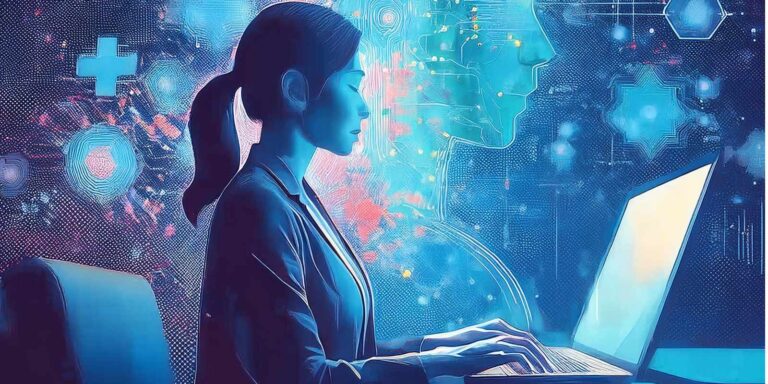AI doctors and human doctors each have distinct strengths and weaknesses. Neither is universally better — they’re good at different things.
Having worked in medicine for over 30 years and now developing AI medical platforms, I can give you an honest comparison.
Speed and Availability
AI doctors win here. They’re available 24/7, don’t need sleep, and can evaluate symptoms instantly.
Human doctors require appointments, have limited hours, and might be booked weeks out for non-urgent issues.
For simple problems at 2 AM, AI has a clear advantage.
Diagnostic Accuracy
For common conditions, AI performs surprisingly well — often matching or exceeding human accuracy for straightforward problems like UTIs, strep throat, or skin conditions.
For complex cases, human doctors are still superior. We can synthesize subtle clues, consider unusual presentations, and factor in gut instincts that AI can’t replicate.
Pattern Recognition
AI excels at recognizing patterns in large datasets and rarely misses obvious diagnoses that fit clear symptom profiles.
Humans are better at recognizing when something doesn’t fit typical patterns and needs different thinking.
Emotional Intelligence
Human doctors win decisively. We provide empathy, emotional support, and the human connection that’s crucial during illness.
AI can’t comfort anxious patients, provide reassurance during scary diagnoses, or understand the emotional context of symptoms.
Physical Examination
Human doctors only. AI can’t perform physical exams, feel lumps, listen to hearts, or assess muscle strength.
This limits AI to conditions that can be diagnosed through symptom assessment alone.
Cost and Accessibility
AI doctors are typically cheaper and more accessible, especially for people without insurance or in underserved areas.
Human doctors are more expensive but may be covered by insurance for appropriate conditions.
Learning and Adaptation
AI learns from millions of cases simultaneously and stays updated with the latest medical research automatically.
Human doctors learn from personal experience but can’t process the same volume of information.
Handling Uncertainty
Human doctors are better at managing uncertainty, making judgment calls with incomplete information, and explaining complex medical situations.
AI can struggle with ambiguous symptoms or situations that don’t fit clear diagnostic criteria.
Medication Management
Both can prescribe appropriately for their respective scope of practice, but human doctors better understand complex drug interactions and patient-specific factors.
Safety Considerations
AI systems have built-in safety protocols and rarely miss serious red flag symptoms.
Human doctors can occasionally overlook things due to fatigue or cognitive biases but excel at catching subtle warning signs.
Follow-Up Care
Human doctors provide better continuity of care and long-term patient relationships.
AI is good for one-off evaluations but lacks the ongoing relationship that benefits chronic care.
Complex Medical Histories
Human doctors excel at managing patients with multiple conditions, complex medication regimens, or unusual medical histories.
AI works best for patients with straightforward presentations and minimal medical complexity.
Innovation and Adaptation
AI can incorporate new medical research and treatment guidelines immediately.
Human doctors may be slower to adopt new practices but can innovate and adapt to unique situations.
The Hybrid Future
The best outcomes likely come from AI and human doctors working together:
- AI handles routine evaluations efficiently
- Humans manage complex cases and provide emotional care
- AI supports human decision-making with data analysis
- Humans oversee AI recommendations for safety
When to Choose Which
Use AI for:
- Common, straightforward symptoms
- After-hours care needs
- Cost-effective routine evaluations
- Quick symptom assessments
Choose human doctors for:
- Complex or unusual symptoms
- Ongoing chronic care
- Emotional support needs
- Physical examination requirements
Both have valuable roles in modern healthcare.


